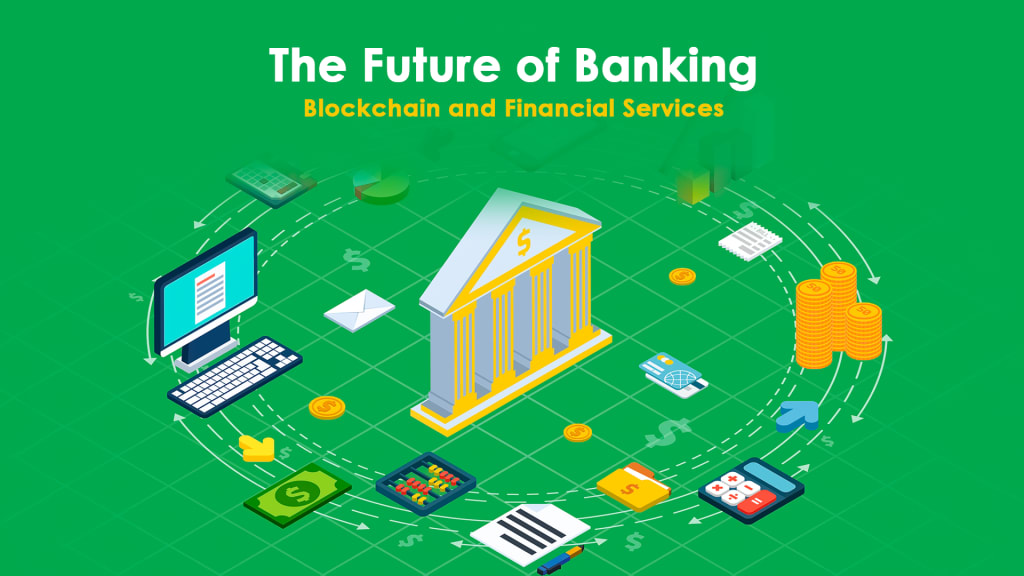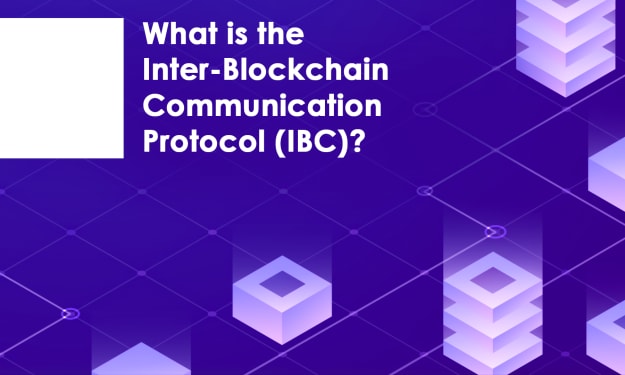The Future of Banking: Blockchain and Financial Services
The Future of Banking: Blockchain and Financial Services

The banking and financial services industry is on the verge of a major transformation, and quick advancements in blockchain technology. Blockchain, the technology behind cryptocurrencies like Bitcoin, is set to change many aspects of banking and finance, enhancing Business Efficiency through Smart Contracts. This article explores how blockchain is growing the future of banking and financial services, targeting its benefits, challenges, and potential uses.
What is Blockchain Technology?
Blockchain is a decentralized digital ledger that records transactions across multiple computers. Its key features include transparency, security, and immutability. Each block in the blockchain contains a list of transactions, and once a block is added to the chain, it cannot be altered. This technology ensures that all participants in the network have access to the same information, fostering trust and reducing the risk of fraud.
Benefits of Blockchain in Banking
Enhanced Security and Fraud Reduction: Blockchain's decentralized nature makes it highly secure. Transactions are encrypted and linked to previous transactions, making it nearly impossible for hackers to alter the data. This feature significantly reduces the risk of fraud and cyberattacks in the banking sector.
Increased Transparency: Every transaction recorded on a blockchain is visible to all participants in the network. This transparency reduces the likelihood of discrepancies and ensures accountability, making it easier to track the flow of funds and detect any irregularities.
Faster and Easy Transactions: Traditional banking systems often involve intermediaries, leading to delays and higher transaction costs. Blockchain eliminates the need for intermediaries by enabling peer-to-peer transactions. This results in faster processing times and reduced transaction fees.
Improved Efficiency and Cost Savings: Blockchain can automate and streamline various banking processes, such as cross-border payments, clearing, and settlement. By reducing the need for manual intervention and paperwork, blockchain can significantly cut operational costs and enhance overall efficiency.
Applications of Blockchain in Financial Services
Cross-Border Payments: One of the most promising applications of blockchain in banking is cross-border payments. Traditional methods can take several days and incur high fees. Blockchain enables near-instantaneous transactions with lower costs, benefiting both banks and customers.
Smart Contracts: Smart contracts are self-executing contracts with the terms of the agreement directly written into code. These contracts automatically execute and enforce themselves when predefined conditions are met. In financial services, smart contracts can be used for various purposes, such as loan agreements, insurance claims, and trade finance, reducing the need for intermediaries and increasing efficiency.
KYC and Identity Verification: Know Your Customer (KYC) processes are essential for preventing money laundering and fraud but can be time-consuming and costly. Blockchain can simplify KYC procedures by providing a secure and immutable digital identity verification system. This allows financial institutions to share verified customer information, reducing duplication and improving the customer onboarding experience.
Asset Tokenization: Blockchain enables the tokenization of real-world assets, such as real estate, commodities, and securities. This process involves creating digital tokens that represent ownership of an asset, allowing for fractional ownership and easier transferability. Asset tokenization can open up new investment opportunities and enhance liquidity in the financial markets.
Challenges and Future
While blockchain holds great promise for the banking and financial services industry, several challenges must be addressed. These include regulatory uncertainties, scalability issues, and the need for widespread adoption. Governments and regulatory bodies worldwide are working to create frameworks that balance innovation with security and consumer protection.
Future Of Banking and Blockchain
The future of banking and blockchain looks promising. Financial institutions are increasingly investing in blockchain research and development, and several pilot projects are already demonstrating the technology's potential. As blockchain matures and regulatory clarity improves, its adoption in banking and financial services is expected to accelerate, leading to a more secure, efficient, and transparent financial ecosystem.
Conclusion
Blockchain technology is set to transform the banking and financial services industry by enhancing security, increasing transparency, reducing costs, and enabling new applications. While challenges remain, the potential benefits of blockchain are too significant to ignore, and its adoption is likely to reshape the future of finance. Explore more knowledge on this topic with CosVM blog Enhancing the Security of Financial Transactions With Blockchain Technology
About the Creator
Enjoyed the story? Support the Creator.
Subscribe for free to receive all their stories in your feed. You could also pledge your support or give them a one-off tip, letting them know you appreciate their work.





Comments
There are no comments for this story
Be the first to respond and start the conversation.